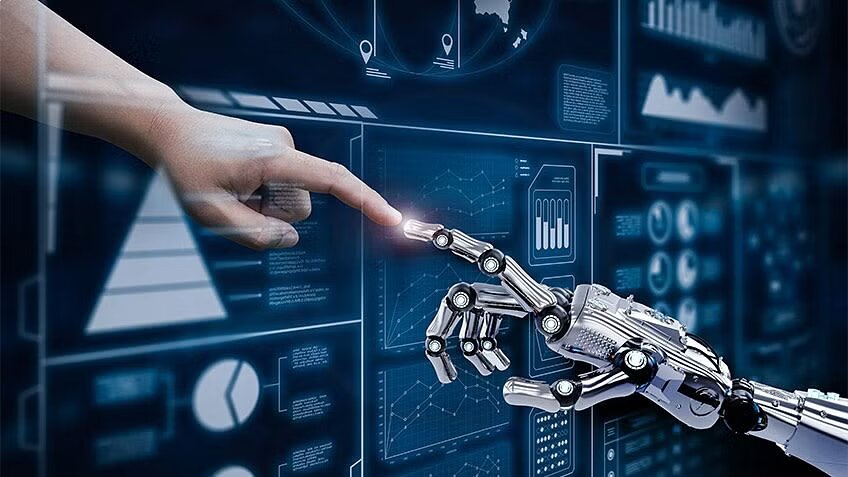In the rapidly evolving landscape of education, the integration of Artificial intelligence (AI) has revolutionized the way students learn and educators teach. One of the most profound impacts of AI in education is the concept of personalized learning. Traditionally, classrooms followed a one-size-fits-all approach, but AI has unlocked the potential for tailored, individualized learning experiences, transforming the educational journey for students worldwide.
The Paradigm Shift to Personalized Learning
Personalized learning, powered by AI, is a pedagogical approach that adapts instructional methods, pace, and content to cater to each student’s unique needs, abilities, and interests. This departure from the conventional standardized curriculum allows students to learn at their own pace and in alignment with their learning styles, thereby enhancing their engagement and understanding.
Customized Learning Paths
AI algorithms analyze vast amounts of data generated by students’ interactions with learning platforms. These insights help create customized learning paths, recommending specific topics, resources, and activities tailored to individual strengths and weaknesses. For instance, if a student excels in visual learning, the AI system may suggest interactive videos or infographics, while another student who learns better through text could receive articles or written exercises.
Adaptive Assessments
AI-driven assessments dynamically adjust difficulty levels based on students’ performance, ensuring they are consistently challenged without feeling overwhelmed. By continuously evaluating their progress and understanding, AI identifies areas needing improvement and offers targeted interventions or additional practice materials.
Benefits of AI-Powered Personalized Learning
The incorporation of AI in education for personalized learning brings forth an array of advantages that positively impact both students and educators.
Enhanced Engagement and Motivation
Tailoring learning experiences to individual preferences fosters greater student engagement and motivation. Students feel empowered when their learning journey aligns with their interests, encouraging active participation and deeper absorption of knowledge.
Improved Learning Outcomes
By catering to each student’s unique learning pace and style, AI-powered personalized learning has shown significant improvements in learning outcomes. Students tend to grasp concepts more thoroughly and retain information better, leading to enhanced academic performance.
Time and Resource Efficiency
AI streamlines the teaching process by automating administrative tasks, such as grading assessments or generating progress reports. This allows educators to allocate more time to mentorship, providing personalized guidance and support to students who need it.
Addressing Challenges and Ethical Considerations
While the potential benefits of AI in personalized learning are substantial, certain challenges and ethical considerations must be addressed. Privacy concerns regarding the collection and use of student data, algorithm biases, and ensuring equitable access to AI-driven educational tools are critical issues that demand attention.
Future Prospects and Conclusion
The trajectory of AI in education continues to evolve rapidly, promising further advancements in personalized learning. As technology becomes more sophisticated, AI algorithms will better understand and adapt to students’ needs, paving the way for a more inclusive, effective, and equitable education system.
In conclusion, AI-powered personalized learning is redefining the educational landscape by tailoring learning experiences to suit individual student needs. The integration of AI in education holds the promise of a more engaging, efficient, and effective learning environment, preparing students for success in a rapidly changing world. As we navigate this transformative journey, it’s imperative to address ethical considerations and ensure equitable access, leveraging AI to create a more inclusive and personalized educational experience for all learners.
